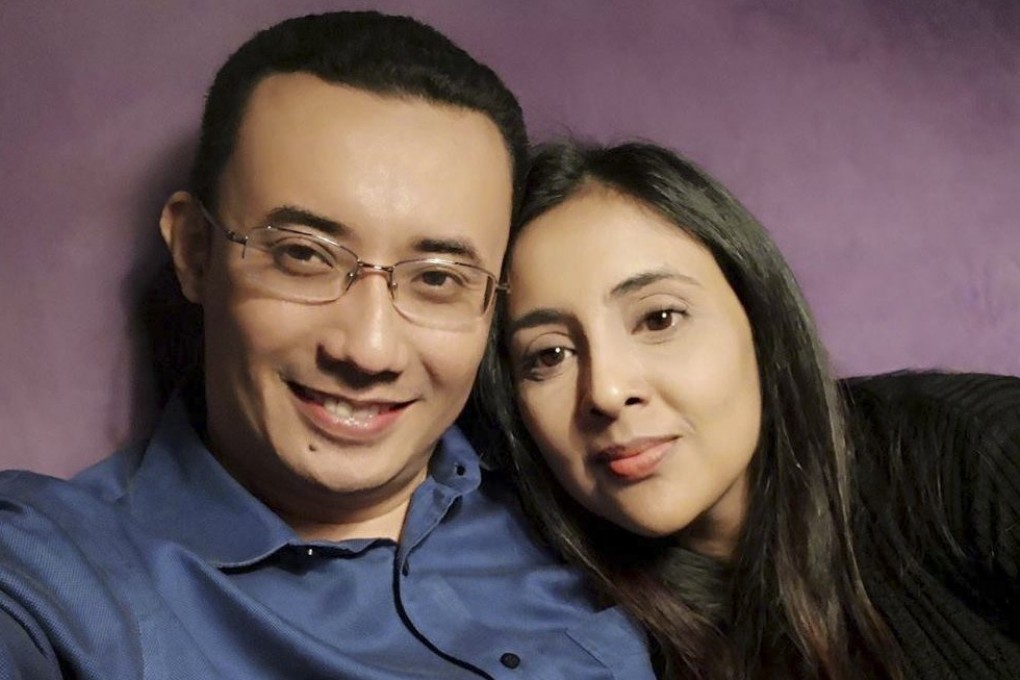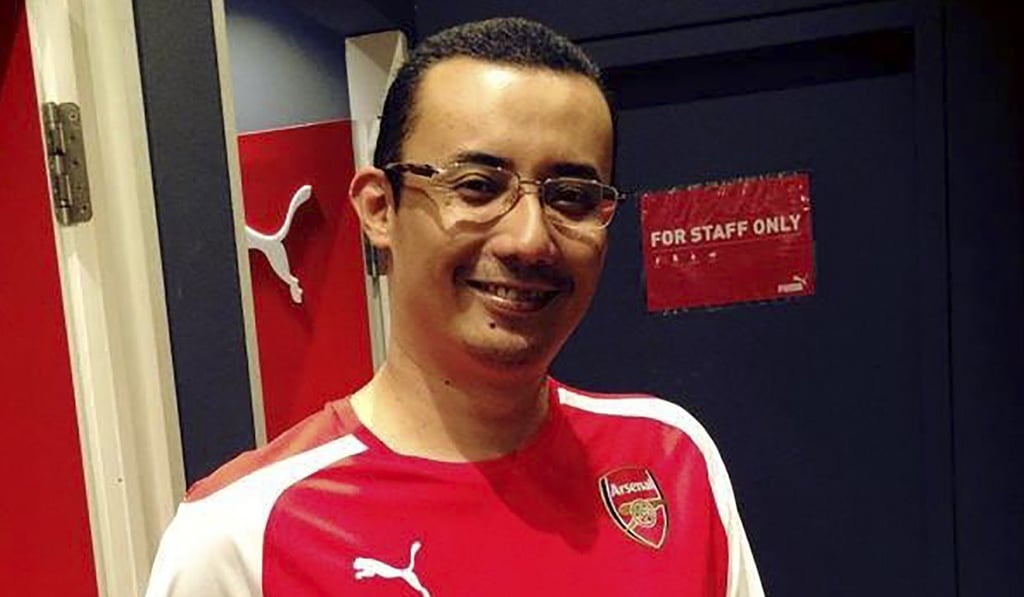Malaysian CEO Nazrin Hassan died last June. Now his wife and teenage stepsons have been charged with his murder
- It was initially thought he was killed after his mobile phone exploded and started a fire
- But the fire and rescue department later found traces of petrol at the scene, and his death was reclassified as murder

The widow and teenage stepsons of a Malaysian CEO who died last year were charged on Monday with his murder, in a twist to a case that has captivated the country.
Nazrin Hassan was the chief executive of Cradle Fund, a government-owned venture capital firm that provides seed money to tech startups.
He was found dead in his bedroom last June with burn marks on his body, in an incident that was initially blamed on a fire that started after his mobile phone exploded.
But the fire and rescue department later found traces of petrol at the scene at his home in Kuala Lumpur, and his death was reclassified as murder.

Despite the objection of his wife, Samirah Muzaffar, his body was exhumed for a second autopsy that led to Monday’s shocking indictment of Samirah and her two sons from her first marriage.